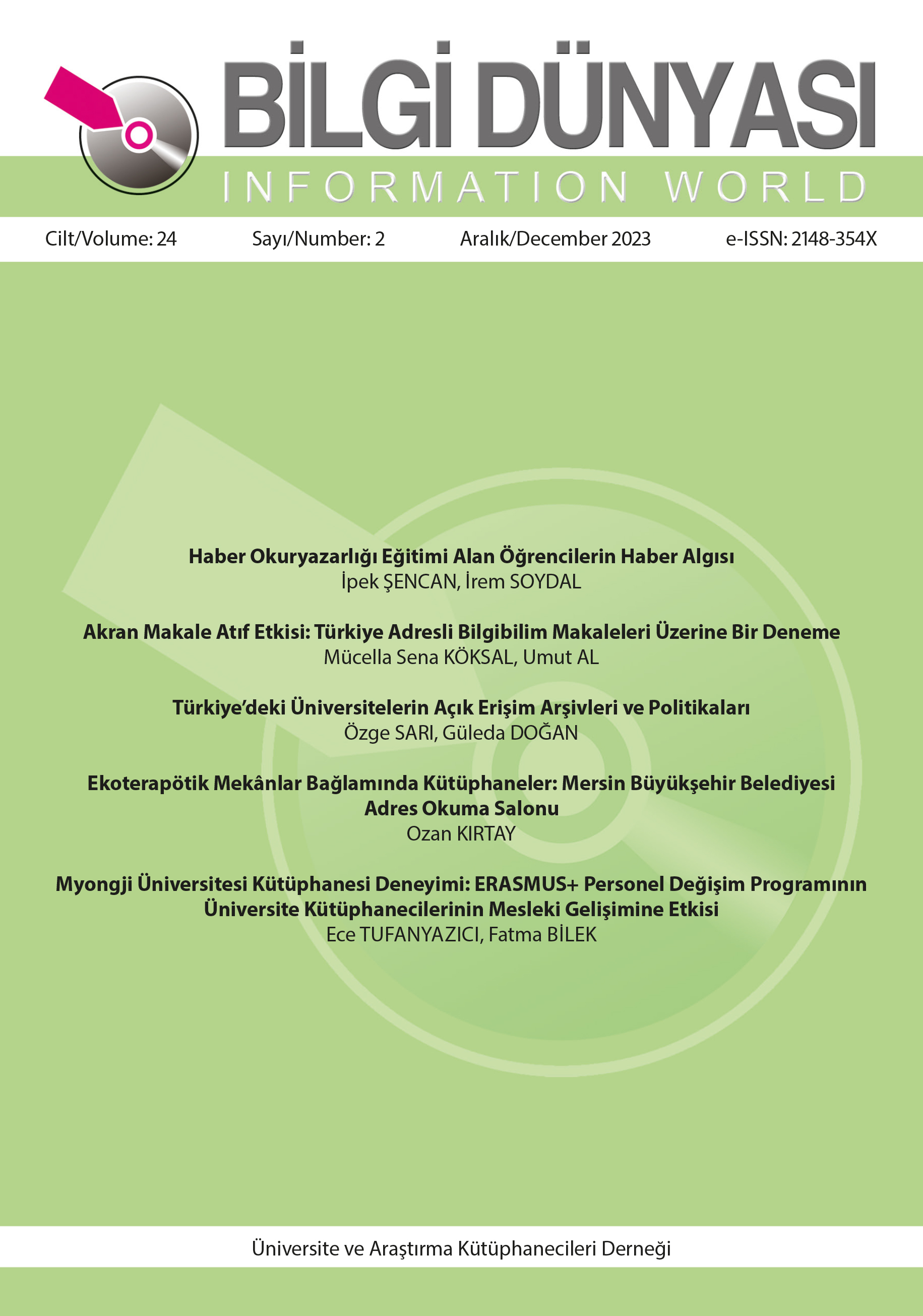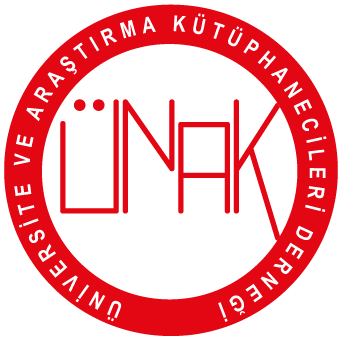News Perception Among Students with News Literacy Training
DOI:
https://doi.org/10.15612/BD.2023.717Keywords:
News, news perception, news identification, news literacy, critical thinkingAbstract
News, as an information type, occupies a significant place in daily life, providing awareness of current events, developments in the surrounding environment, and even influencing decision-making. However, with the increasing use of digital platforms and user interaction, the common definition of news from a journalistic perspective may no longer suffice. This requires reevaluating how news should be defined in news literacy training that addresses the effects of the evolving media landscape. Therefore, understanding how news consumers perceive and define news is important. This study aims to evaluate the news perception of undergraduate students before and after receiving news literacy training based on critical thinking. Using a semi-experimental research design, self-assessment and, pre- and post-tests were conducted to understand students’ news perception. These tests aimed to evaluate students’ self-assessment of their understanding of the news concept, ability to differentiate news within different examples, and definitions of news. The results revealed that students rated themselves higher in their understanding of the news concept, particularly after the training. While students generally exhibited good performance in discerning news across diverse content examples, it was observed that over half of the students also classified an opinion column as news after the training. Furthermore, the students’ post-training definitions often emphasized qualities such as accuracy, reliability, definitiveness, and adherence to the 5W1H rule. These findings highlight the crucial role of employing critical thinking skills, which form the foundation of news literacy, when attributing news qualities to content. Individuals can acquire these skills through training programs tailored to lifelong learning, extended over time, cater to different proficiency levels and designed to foster critical thinking or various types of literacy, such as information and news.
Downloads
Published
How to Cite
Issue
Section
Copyright (c) 2023 Information World

This work is licensed under a Creative Commons Attribution 4.0 International License.






